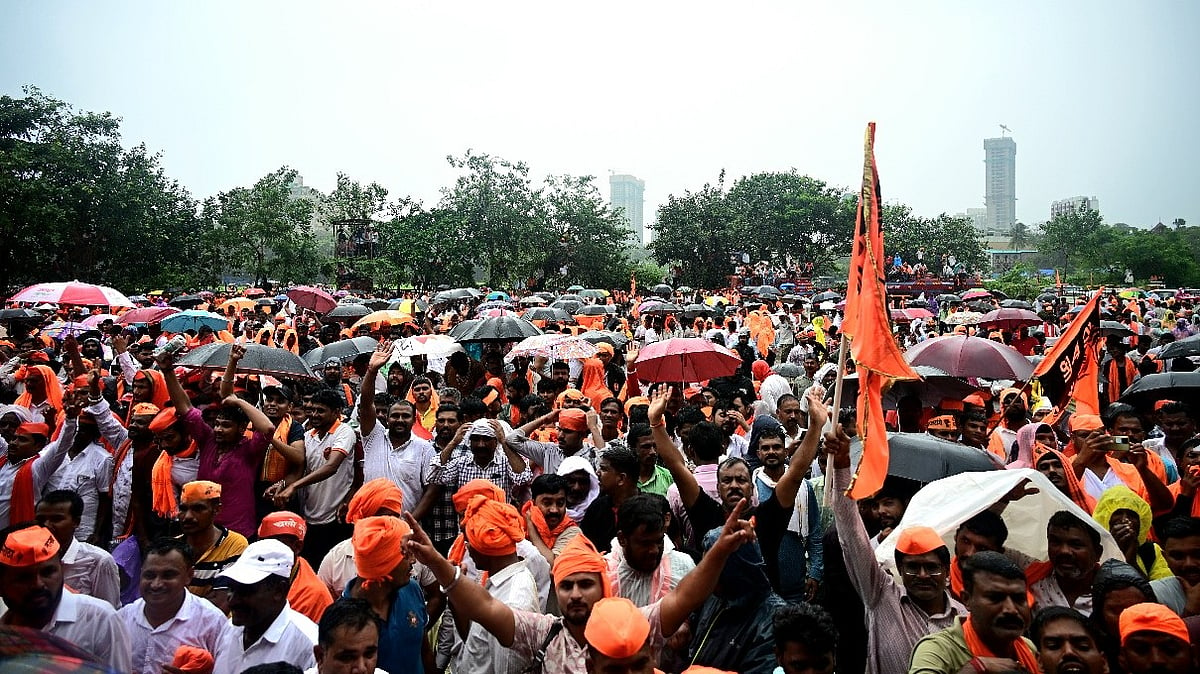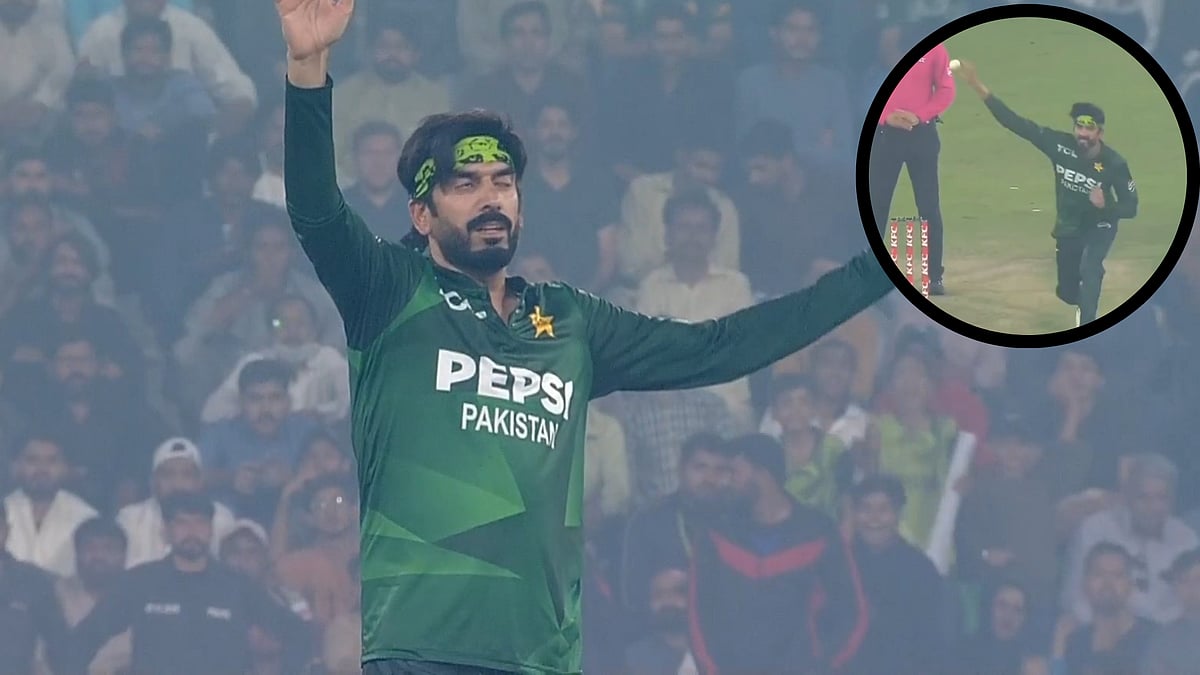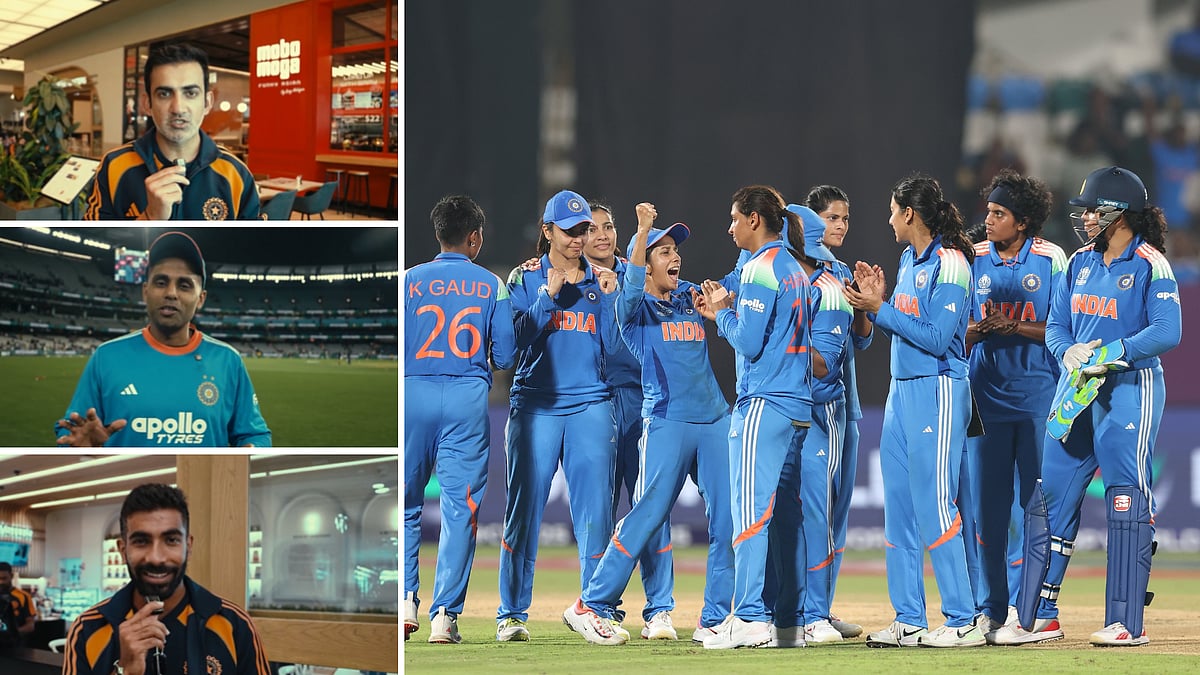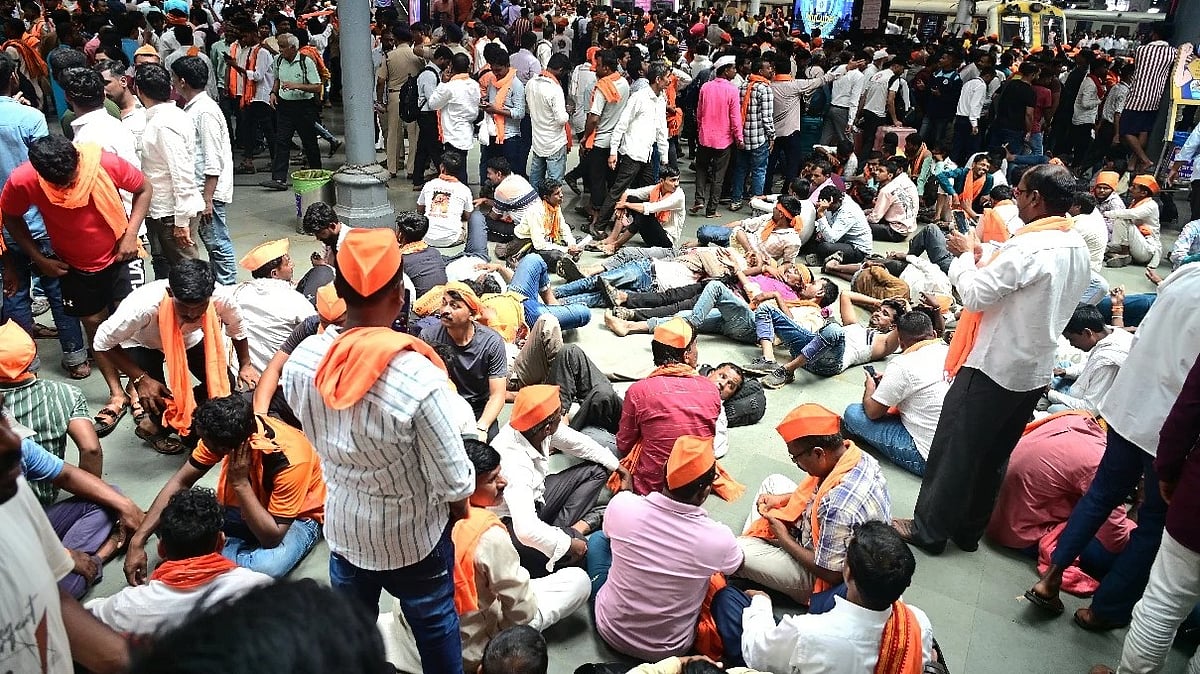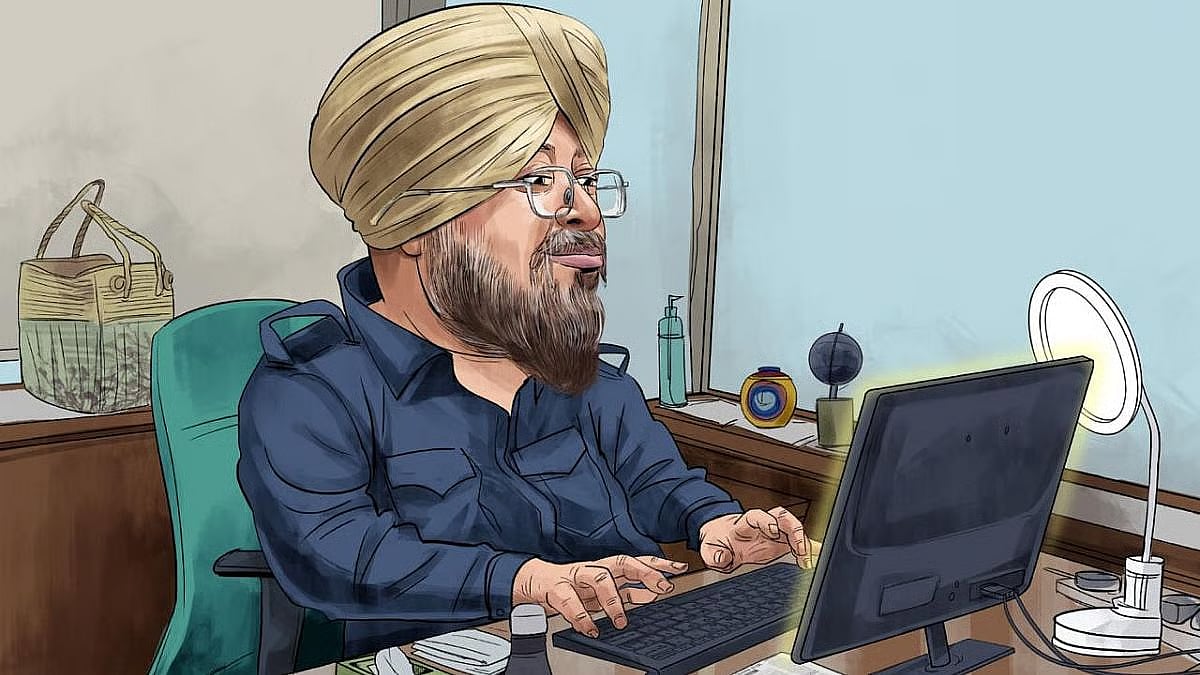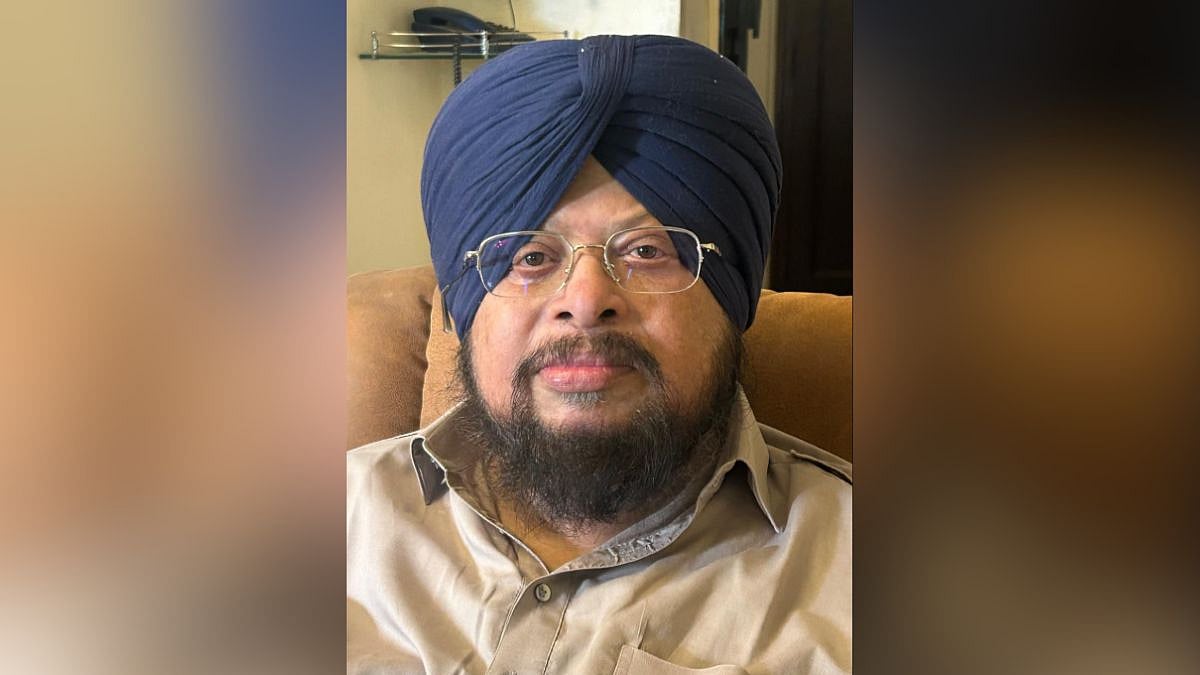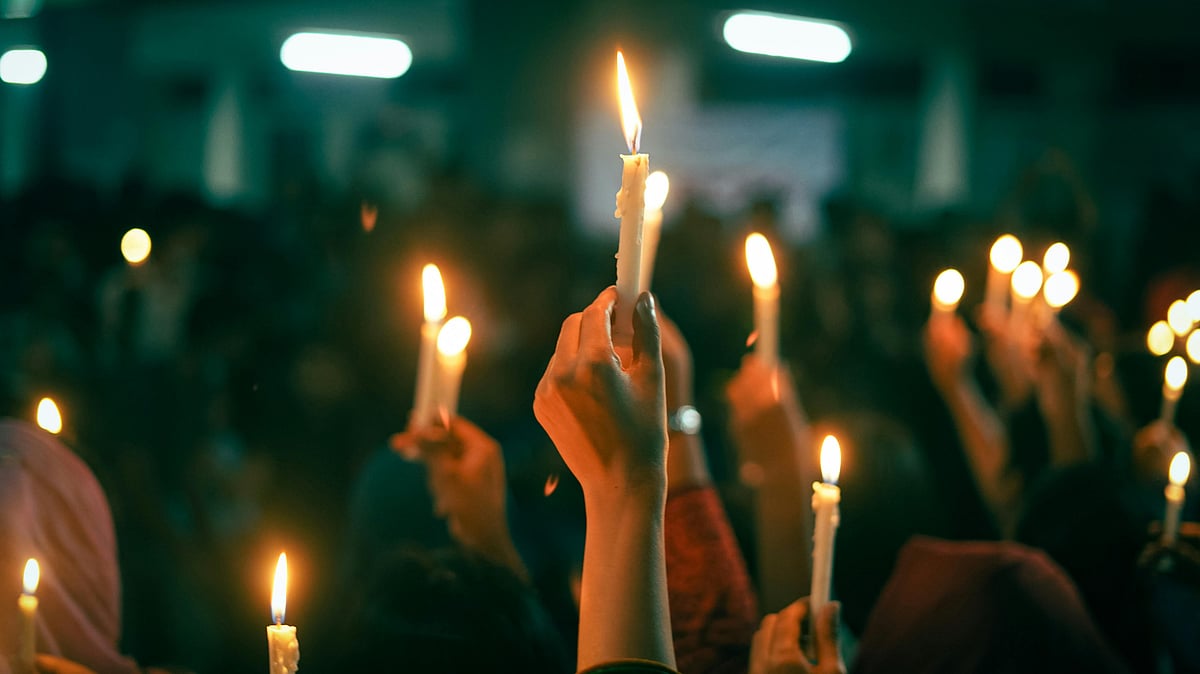India's financial capital, Mumbai, witnessed a huge agitation by members of the Maratha community during the past few days. The agitation ended in five days on Tuesday evening. Agitators were demanding reservation in education and government jobs for the Maratha community. Over the weekend and the first two days of this week, road traffic was crippled and public life was disrupted by this agitation in South Mumbai. The demand for Maratha reservation has been long-standing. But since the agitation resurfaced ahead of the much-awaited civic and district council polls in Maharashtra, it would be interesting to check who would benefit politically from this agitation. As the agitation concluded sooner than many expected, questions regarding its impact still weigh on the minds of people.
The leader of the agitation, Manoj Jarange Patil, has, over the past many years, been demanding that the only way to provide reservation to the Maratha community instantly is to list them as members of the Kunbi community and extend the benefit enjoyed by the Kunbis to them. But the government has not been able to do this, as the move might get challenged in the courts and be blocked. Traditionally, the Maratha community has been the ruling and the landholding community in the region. However, because of the fragmentation of the agricultural land and the agrarian crisis caused by climate change and other factors, the community now faces economic challenges and has shifted to jobs in urban areas. This has led to the question as to why the poor within the Marathas should not get the benefit of reservations similar to the OBCs in the state.
Though the agitation ended in five days, it generated a huge response. Now, the question is, who stands to gain the most politically from it?
What needs to be understood is how the Maratha agitation, and its coverage in the national as well as regional media, has galvanised and polarised the OBC community in Maharashtra. Some of the OBC leaders are already speaking to the media about how they are opposed to giving reservation to the Maratha community from the OBC quota in case the Marathas are listed as Kunbis. This galvanisation and polarisation is likely to affect the upcoming municipal and civic polls in Maharashtra.
The next thing that is to be factored in is how the BJP, in the past three to four decades, has cultivated the OBC community as their assured vote bank. In the 1980s and ’90s, the BJP ideologue, Vasantrao Bhagwat, designed the idea of taking the various OBC communities along and promoting leaders from them as BJP leaders. Some leaders, like Gopinath Munde and Annasaheb Dange, among others, were given prominence in the BJP government, which came to power for the first time in Maharashtra in 1995.
This made the BJP look like a party that enjoyed the political support of the OBC community in Maharashtra on a large scale. On the other hand, Sharad Pawar's NCP, since it was formed in 1999, always appeared as if the party was predominantly a political outfit of the Marathas. The Congress, traditionally, had leaders mainly from the Maratha community and some from the SC-ST categories.
Now, this brings about an interesting observation and prediction about who will benefit from the Maratha agitation and the resulting OBC polarisation. Many observers feel that the BJP is set to gain politically, as the OBCs will likely get united and support the party in the upcoming polls. The other factor is that of the chief ministerial face. Many argue that the Marathas are upset about Maharashtra having a Brahmin chief minister. But an interesting observation presented by some party insiders is that if the OBCs and the Marathas are divided over the reservation issue, both sides may prefer to have a face which is neither Maratha nor OBC! This makes Chief Minister Devendra Fadnavis's position in the current situation stronger!
The political impact of this agitation is going to be long-lasting. Though unpredictable as of now, many feel that in the upcoming civic polls as well as the district council polls that are likely to happen in Maharashtra in the first quarter of 2026, the BJP is likely to gain ground due to polarisation of the Marathas and the OBCs.
It is very difficult for the government to allow reservation for the Marathas from the OBC quota, for, as various committees have said in the past, proving that the Maratha community is socially backward is very difficult. The Supreme Court struck down the reservation given to the Maratha community by the Fadnavis government in 2019 on this very basis. But it is possible for the Union government to bring in some legislation and amendments to the Constitution to allow a higher percentage of reservation in Maharashtra, which will then open the channel for Maratha reservation. All this is a long-drawn process, and nobody has any clue as to when it will happen or whether it will happen. For the time being, the Maratha agitation is very much a political issue which the various political outfits are trying to benefit from.
Rohit Chandavarkar is a senior journalist who has worked for 31 years with various leading newspaper brands and television channels in Mumbai and Pune.
